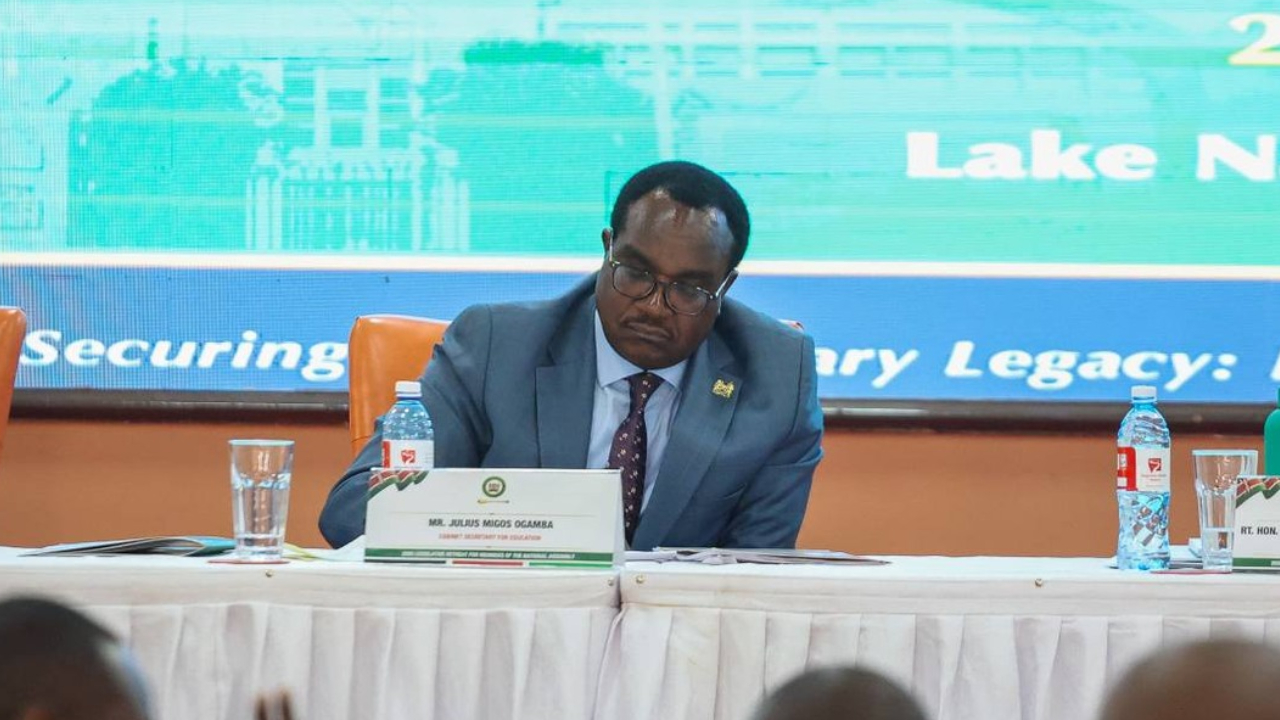Mzee Jomo Kenyatta, Kenya’s founding father and first president, is widely remembered for his iconic speech delivered during Kenya’s first Independence Day celebrations, in which he identified the nation’s greatest challenges as ignorance, poverty and disease, and called for concerted efforts by all Kenyans to eradicate them without delay.
Notably, six decades later, we are yet to realize the dreams and aspirations of our founding father. A recent World Bank Human Poverty Index revealed that Kenya’s poverty rate stands at 49.8% and projected that by 2030, about 30 million Kenyans will be living below the poverty line.
A report by the Dutch embassy indicated that over one – third of Kenya’s population does not have access to essential and high-quality health care services, which is in contravention of Article 43 (1) (a) of the Constitution of Kenya 2010, which stipulates that every Kenyan has the right to the highest attainable standard of health, including the right to health care services.
Further, in 2006 World Bank data revealed that about 38.5% of Kenyans are illiterate, while the national literacy rate is estimated at 61.5%.
The recent statistics on Kenya’s adult literacy, according to the World Bank:
- Literacy rate (2022): 82.88% of people aged 15 and above could read and write with understanding.
- Illiteracy rate (2022): The corresponding illiteracy rate was 17.12%.
- Youth literacy rate (2022): The literacy rate for individuals aged 15–24 was even higher, at 95.73%.
It is uncontroverted that tremendous progress has been made not only in different sectors of the economy but also across various regions of the country.
This signifies a paradigm shift from the conventional modus operandi, where development was previously concentrated in only a few regions.
This is largely attributed to Sessional Paper No. 10 of 1965, which prioritized government investment in high-potential areas to maximize returns on investments.
Consequently, development was concentrated in select regions, thereby marginalizing the rest of the population.
The promulgation of the Constitution of Kenya 2010 ushered in a new constitutional dispensation which, inter alia, established devolution whose main objective was to bring power, opportunities, resources and development closer to the citizenry.
It has been a game-changer, as evidenced by the rapid economic growth in regions previously perceived as low – potential regions across the country.
Schedule 4 of the Constitution delineates the functions of the national and county governments with the latter particularly responsible for agriculture, health services, pre – primary education, water and sanitation services and disaster management.
Since the inception of devolution in 2013, approximately Ksh. 3.59 trillion has been disbursed to the counties, while the national government has retained about 22.5 trillion.
The Commission On Revenue Allocation, which is constitutionally mandated to propose an equitable revenue sharing formula between the national and county governments based on parameters such as population size, poverty levels, land area, road network coverage, financial management and administrative costs, has annually recommended an average allocation of 8.62 Billion to each of the 47 counties.
Despite the limited resources and delays in disbursement by the National Treasury, the development witnessed in the counties – from road construction projects to landmark healthcare projects, ECDE centers, markets and industrial parks – has been unprecedented and transformative.
Significantly, neighboring counties, driven by the pursuit of collective well – being and shared prosperity, have formed associations commonly referred to as county economic blocs, to harness their potential by leveraging available resources, assets and opportunities to drive substantial change and accelerate their development agendas.
Additionally, several counties have taken bold steps to tap into their underlying potential and unlock hidden opportunities that have long remained untapped.
In Laikipia County, for instance, HE Governor Joshua Irungu has been at the forefront of rallying locals to embrace crop diversification to improve productivity and increase profitability by growing coffee, which is projected to produce future millionaires in agribusiness.
The devolved system of government has however faced numerous hindrances including political interferences, duplication of functions, limited resources and delays in the disbursement of funds by the National Treasury.
Subsequently, the enforcement and full compliance with all devolution laws, coupled with an increase in county allocations from the current 15% to 30% of the national government’s revenue from the last audited accounts will significantly contribute to addressing these challenges.
Further, it is of the utmost necessity that devolved systems develop and implement county-based solutions tailored to their unique needs and circumstances in order to accelerate the realization of the objects and principles of devolved governments as encapsulated in Articles 174 and 175 of the Constitution.
In the light of the foregoing, it is irrefutable that devolution has been revolutionary, having achieved monumental strides in promoting inclusivity, enhancing public participation in decision-making and fostering sustainable development.
Therefore, we must concertedly join hands to protect, defend and safeguard this constitutional imperative.
ALSO READ: Burkina Faso scraps visa fees for african travellers in push for Pan-African unity












